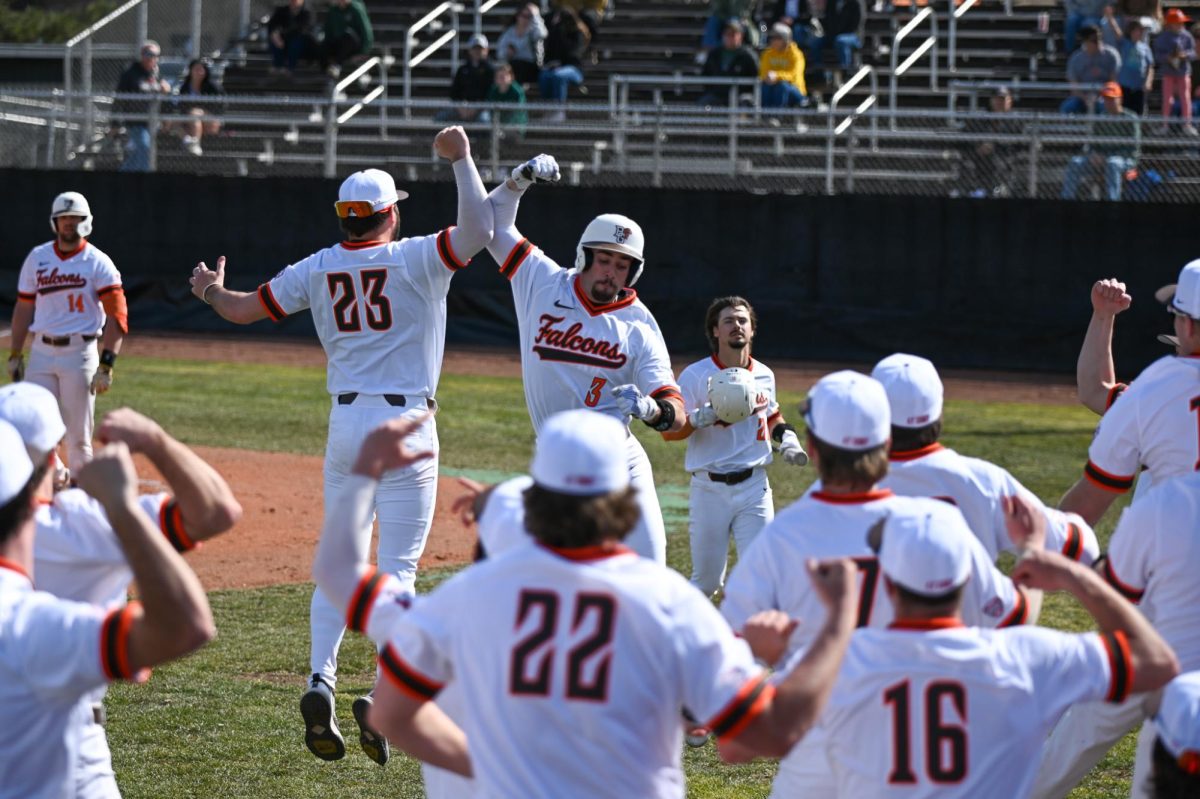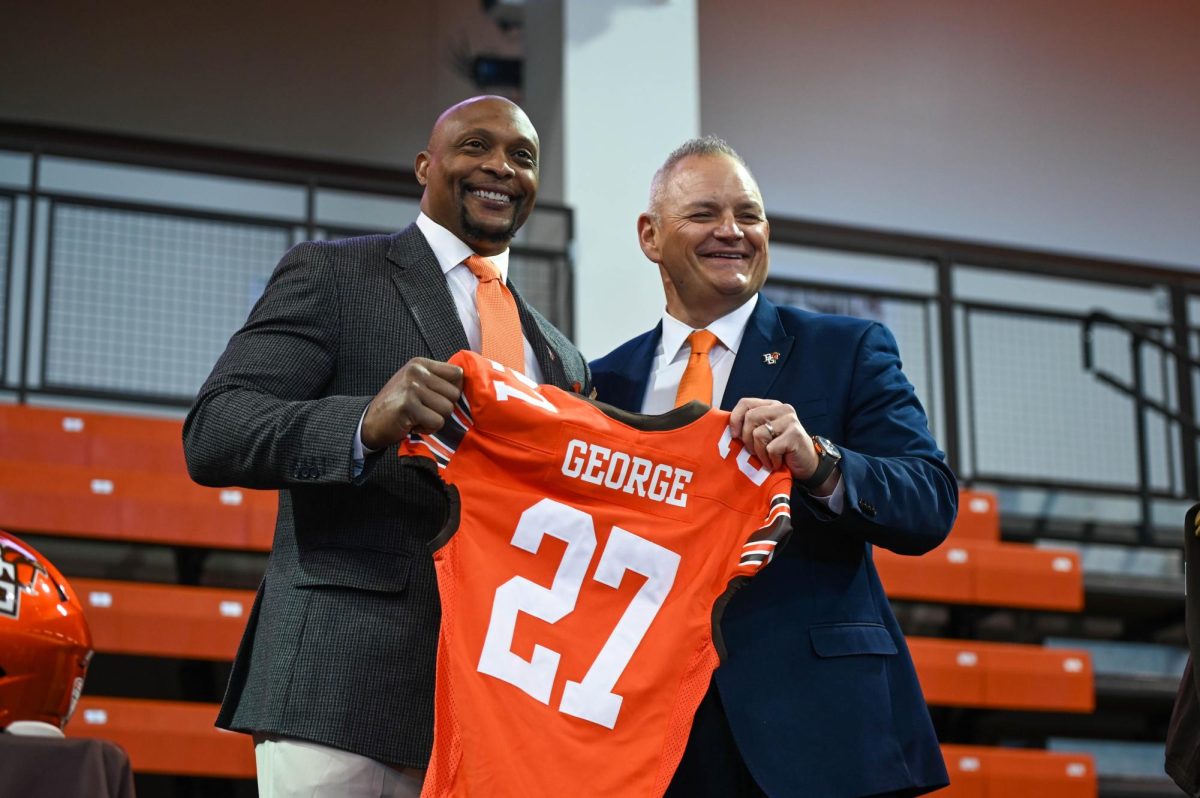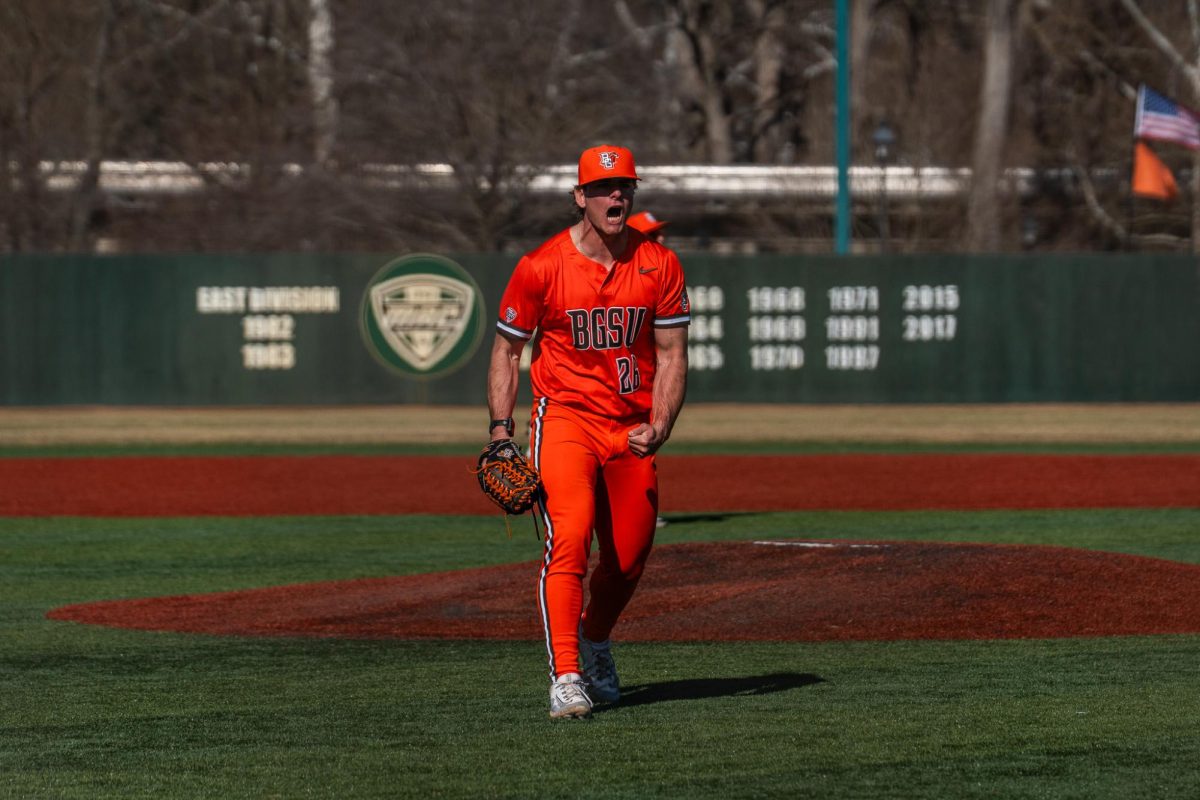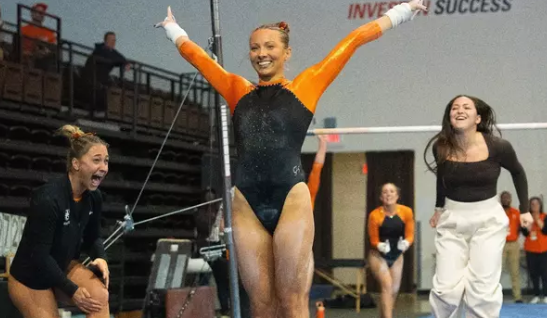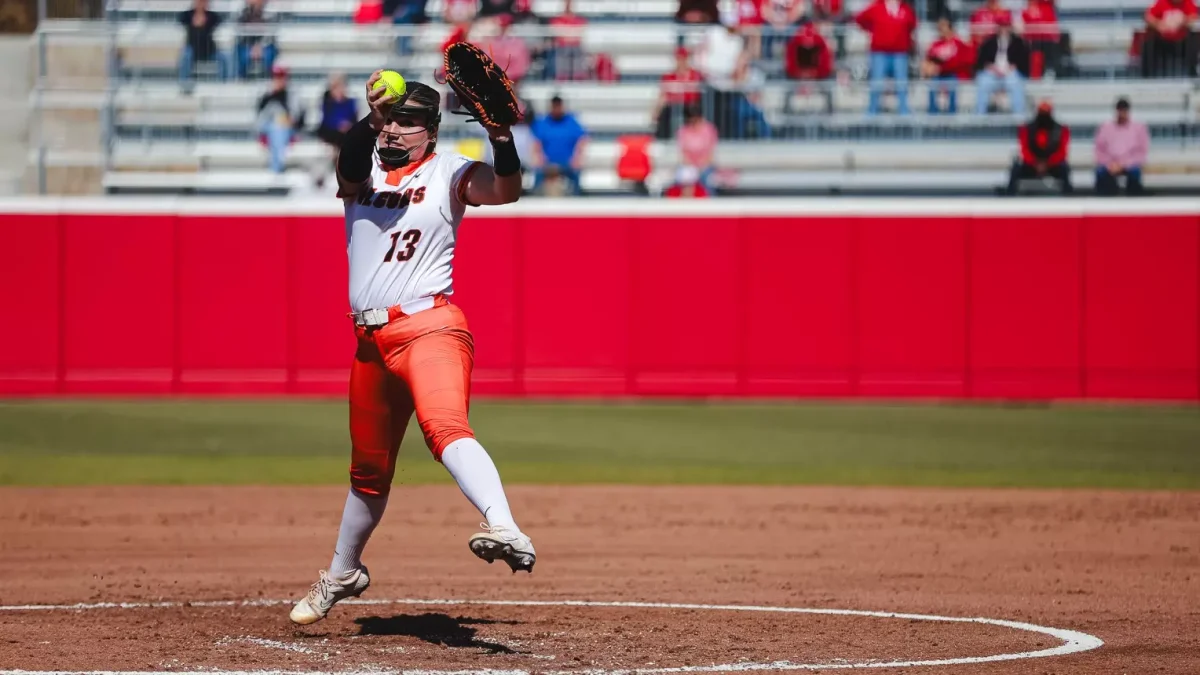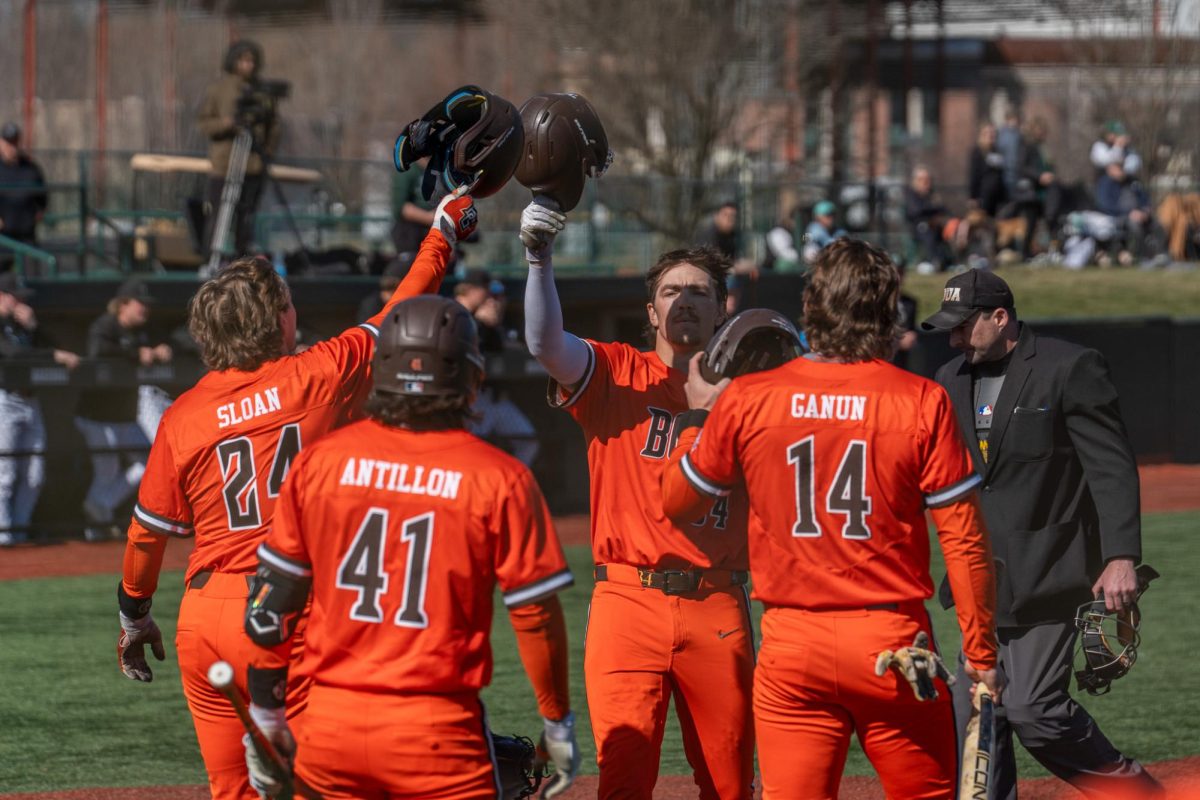The term ageism is defined as the prejudice and discrimination on the basis of a person’s age.
This type of discrimination goes wildly unnoticed and floats under the radar. It can be masked in, “You’re too young” or “you’re too old,” all restricting the discriminated person from thinking creatively while simultaneously damaging self-esteem.
Every one who lives and breathes faces ageism at one point in their lives, but it takes a certain eye, or a certain situation, to notice the embarrassing action.
I experienced a situation in the past month where I was berated and sarcastically coddled by adults because I was a college student on a volunteer basis. My work was portrayed as unorganized and wasteful.
As I was dealing with the situation, I was apologetic and affirmed that yes, my actions had been careless and my communication had been poor. On the inside, however, I was mortified and wanted to hide in my closet until the whole thing blew over.
Turns out, when it actually all blew over (and when the situation came to a head successfully and almost flawlessly), I began to disregard the internalized shame and laid it out on the table underneath the big bold letters that said, “Is this ageism?”
I am a capable, intelligent and hardworking 20-something that admittedly has a lot to learn, but is worthy of respect from higher-ups, educators and especially strangers.
My developing professional work deserves to be understood by the quality, not my birthdate.
While ageism proves itself often in regards to the elderly, I believe that it rears its ugly head in high schools and college campuses everywhere.
The school system was designed to judge a student off the quantity and quality of their work. While this usually is the case in an academic sense, the systems also allow for the educators to take personal liberty of their own judgments and to relate this to the student as they see fit.
Good in theory, bad in practice.
Growing up in today’s society can be a bit tricky with navigating self-worth because of the constant bombardment of media and online networks allow the creativity of creating the perfect life. Since life isn’t perfect, this often fails our expectations and creates emotional upset.
On top of overcoming adults and the random third-party telling us how to act, what to major in and their definition of right and wrong, young adults are expected to excel academically and in extra-curricular activities to make us marketable and grow a thicker skin.
Growing this thicker skin should not create an anxiety attack or a crying spell. Ageism should not be an active part of your curriculum. Classrooms and programming should include inclusivity training and cultivate a space for equal opportunity learning, not rejection as quickly as an idea is proposed.
They are educated and eager to make themselves worthy of achieving success. Young adults can change the world if you let them.
Respond to Michele at


